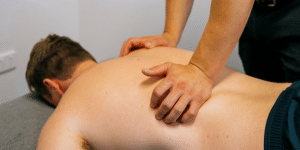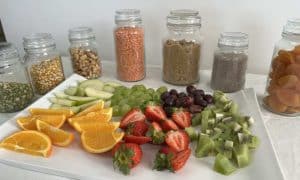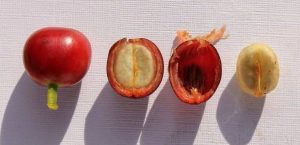Should you eat more in winter?

For most of us, winter brings with it a change in what we eat and our exercise. Some foods are more often considered ‘winter foods’ and others as ‘summer foods’. We tend to eat foods described as “lighter” and “cooler” during summer – think salads and grilled meats – and “heavier” stuff during winter – such as rich, slow-cooked casseroles, curries and pastas. Winter often means more time spent indoors and less exercise. Generally, humans are most comfortable in a temperature range between 28 and 32 degrees.
In a cold environment, our body temperature is disturbed, and, two main patterns of physiological adjustments may occur:
- The blood vessels close to the skin constrict (peripheral vasoconstriction) – this reduces blood flow to the skin and results in a decrease in skin temperature, which in turn results in a decrease in body heat loss
- Metabolic rate increases to enable heat production by the body – this includes shivering
This adaptive response to the cold can occur at pretty reasonable temperatures, around 14 degrees. BUT there is enormous individual variation in cold response and therefore where it will kick in for each of us. The other reason energy expenditure might increase in cold weather is if you perform heavy physical labour.
It has been estimated that in cold climates, our energy needs are 5-20% higher than in a warm environment. However, this is difficult to quantify and is unlikely to be significant in adequately clothed individuals. Modern clothing and heating in cold weather now effectively limits the degree of cold stress.

TAKE HOME MESSAGE
- Most of us are protected from the winter cold by warm clothes and good heating
- However, when there is prolonged exposure to cold, energy requirements increase
- Unless we are spending long periods outdoors, there is very little difference to our energy requirements – so we don’t need to eat more






